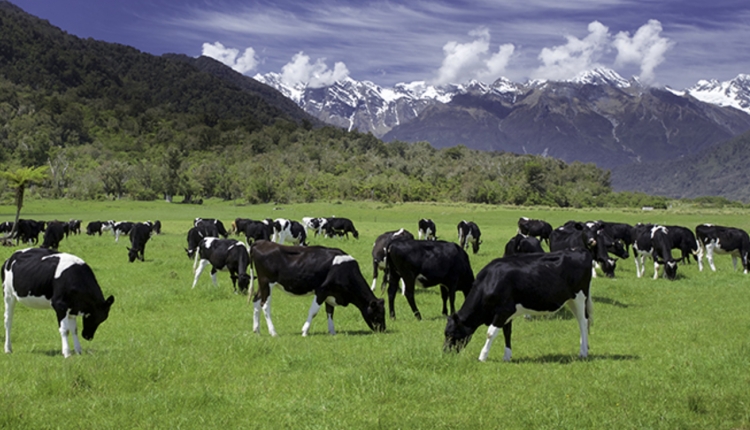
As high-quality milk produced in a sustainable way is growing in demand from consumers, more milk buyers are adopting methods to help their farmers meet that need. A new payment is incentivizing New Zealand farmers to ensure their milk meets the highest quality and environmental standards.
The “Cooperative Difference” framework has already been used by the Fonterra cooperative and its 10,000 members since 2019 to encourage excellence in on-farm practices surrounding animals, the environment, people and community, milk quality, and co-op prosperity. As of June 1, though, the system is used to introduce a new milk payment parameter.
Since the majority of New Zealand’s milk is exported, Fonterra calculates the Farmgate Milk Price for its members throughout the grazing season. While the Cooperative Difference payment does not change the total amount of money available to be paid to farmers, the co-op says it will make a proportion available “to be redistributed between farmers to better reflect individual farm achievements” in line with the program.
In other words, 10 cents per kilogram of milk solids (kgMS) will be determined by a farm’s progress under the program. The co-op says the payment serves as a recognition for farmers who have already invested in innovative practices early on as well as encouragement for other farmers to take the next steps in meeting changing consumer expectations.
The 10-cent payment per kgMS is broken down into two parts. First, 7 cents may be earned when a farm is certified in the following standards across four of the Cooperative Difference’s areas:
• Environment: have a farm environmental plan in place. This area also includes following key practices that include growing 80% of a season’s feed, keeping surrounding waters free of dairy effluent, avoiding excessive nitrogen use, and appropriately managing plastics.
• Animals: develop and implement with your vet and animal well-being plan.
• People and community: complete a workplace assessment and meet the foundation standards.
• Co-op and prosperity: full and accurate farm records kept and then submitted.
After that, an additional 3 cents is available for farms achieving standards of excellent milk quality.
Global movement
New Zealand is an important player in the global dairy market, and this level of commitment to sustainable production could influence international as well as domestic markets. One thing that’s clear is that sustainability is not only a U.S. concern.








